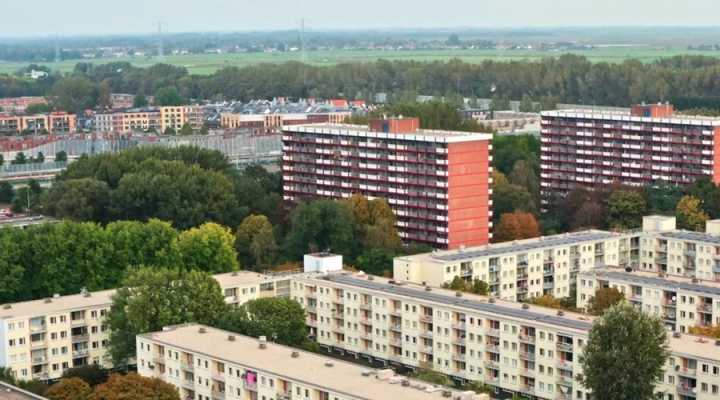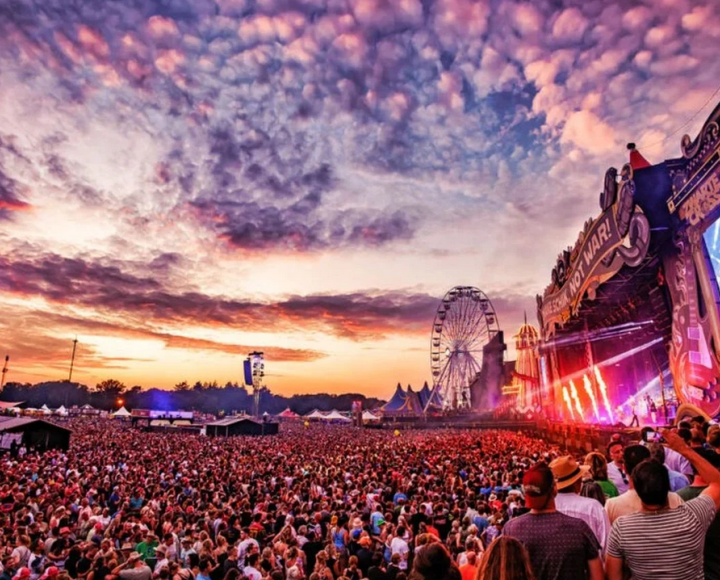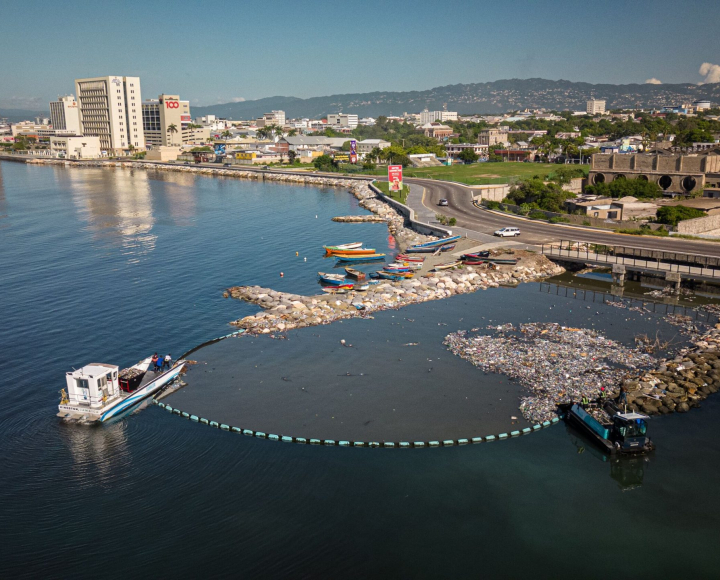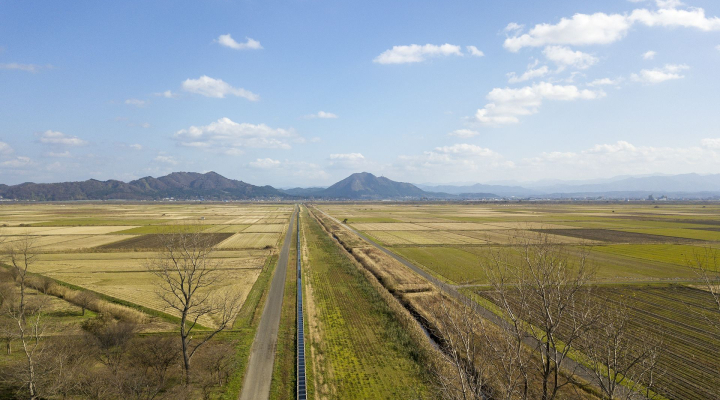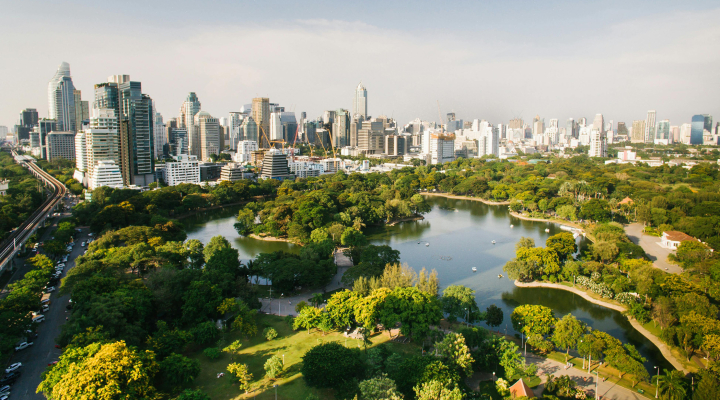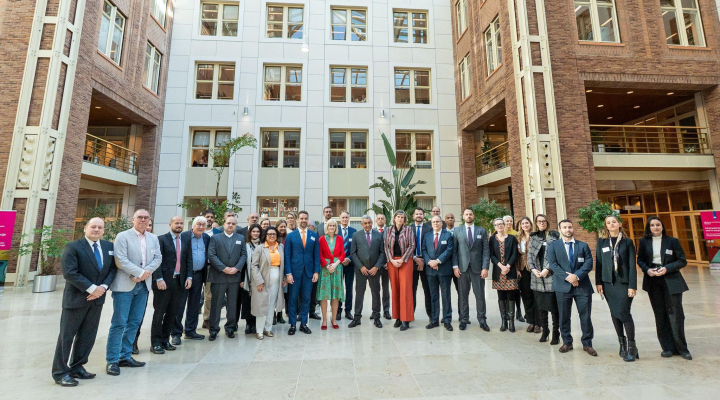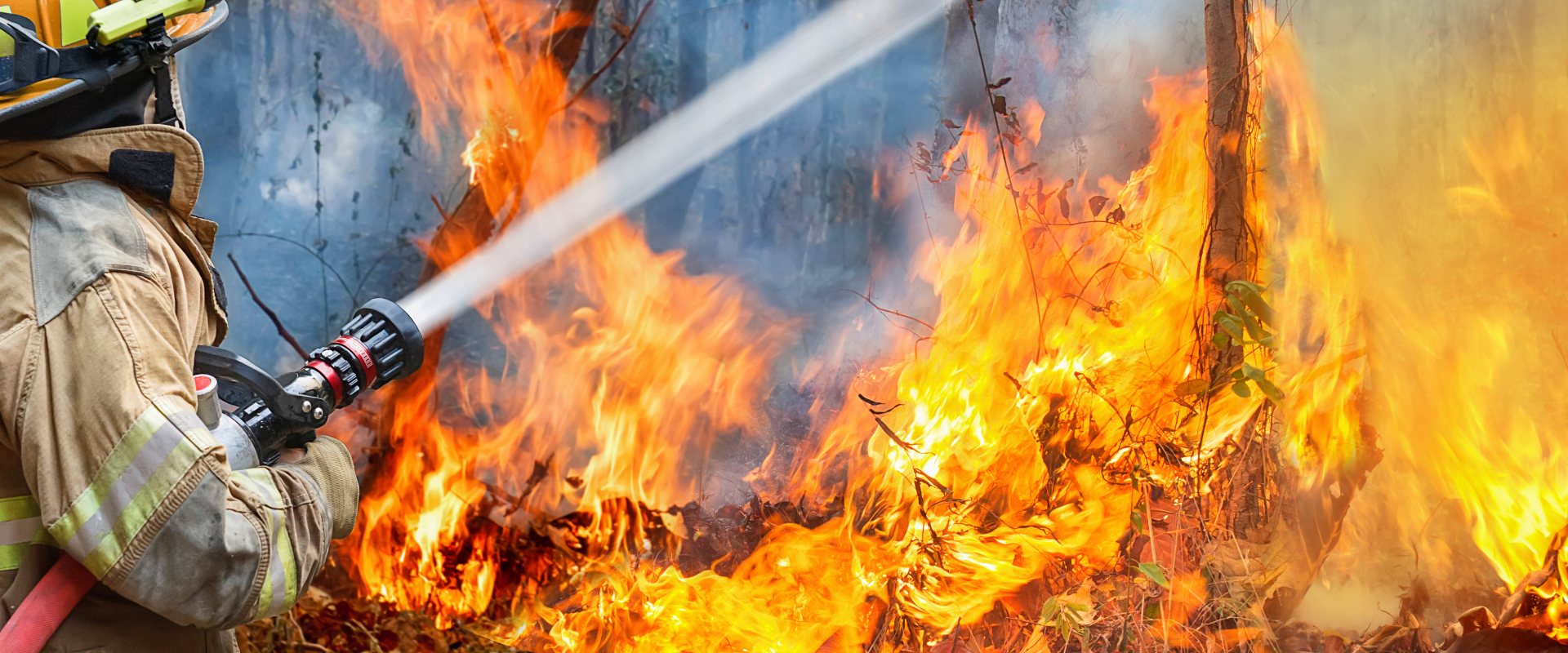
2020: A year too hot to handle
Unprecedented wildfires in Australia mark the beginning of a new decade and it seems to confront us with a new type of natural disaster: the fire tornado. As the earth continues to heat up, cooling down the world seems our biggest challenge in 2020. Challenged by the action minded younger generation, UN’s Agenda 2030 may well see a breakthrough the coming year. A new decade looms with more appreciation for more service oriented water management. A personal look ahead on 2020 by DWS-editor Jac van Tuijn.


Climate action
According to UN´s climate panel IPCC we are already 1 degree Celsius up in global warming since the industrial revolution. At the climate summit COP25 in Madrid last year, it triggered the young generation to raise their voices, calling for more climate action to keep the global warming below 1.5 degree Celsius by the end of this century.
The older generation failed to deliver and all eyes are now on the next summit, COP26 in Glasgow in November. Will the old generation be able to produce updated Nationally Determined Contributions (NDC's) with more ambitious climate action measures? With the current climate of national geopolitical interests and domination of profit maximisation, 2020 will be a hot year to handle this global issue.
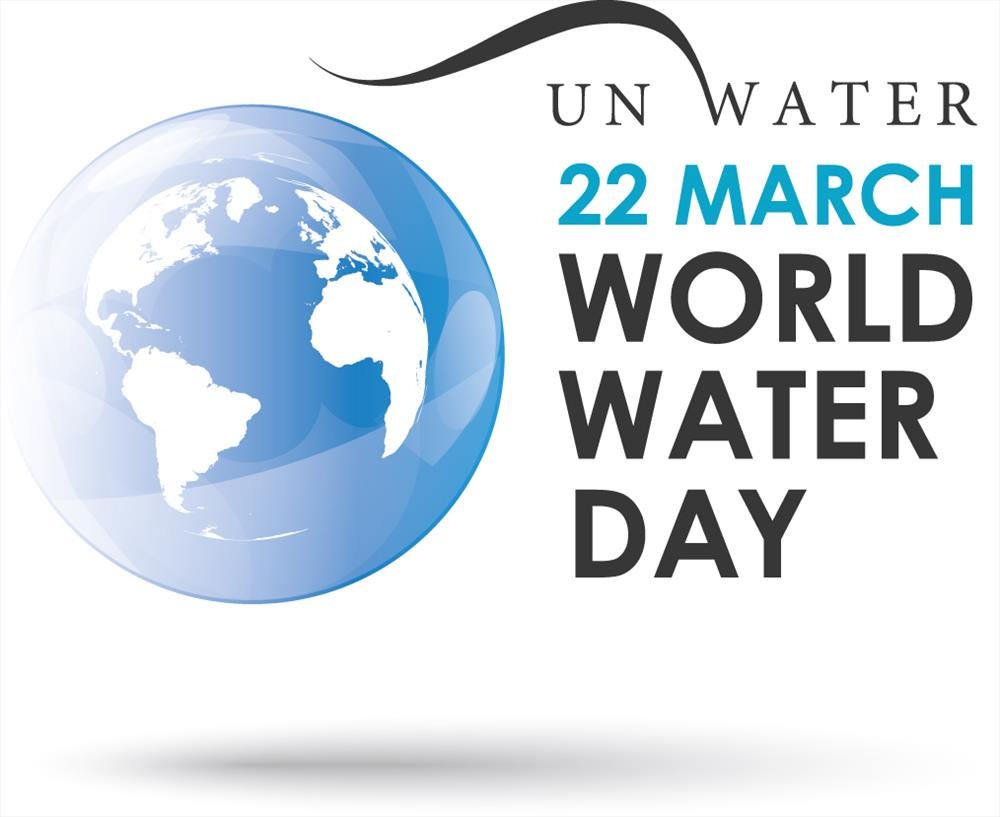

Water and climate
For sure, 2020 will bring much attention for climate action. The theme of this year’s World Water Day (22 March) will be water & climate. In August the Stockholm World Water Week will have a focus on acceleration of climate action. The Netherlands will host the Climate Adaptation Summit of the Global Commission on Adaptation (GCA) in October 2020. This summit is meant to boost action to adapt to climate change that is already occurring.
Spurred by a young generation that is losing its patience, the call to accelerate climate action will intensify. The awareness of youngsters to step up and safeguard their own future, may also trigger a Greta Thunberg-effect for the UN’s 17 sustainable development goals. With only 10 years to go, these goals may bring additional energy to achieve global sustainable development, including on SDG#6 on water.
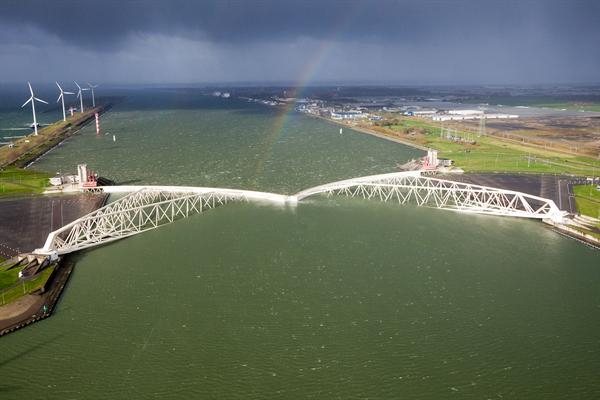

Water governance
Whatever it is called: climate adaptation, climate action, disaster prevention, nature conservation, or integrated water resource management. To secure the world against too much, too little and too polluted water, more attention shall be needed for effective water management. A country as the Netherlands is already doing so for hundreds of years, born out of necessity as one-third lies below sea level. Many other countries though, shall first need to build a system of national water management, before they can move on to the prevention of water-related disasters.
2020 may see a boost to global water governance, allowing to take water measures ahead of climate change, rather than building back better every time a disaster hits.
Water security
The year ahead will reveal more of a new consumer who is less oriented on the possession of goods, but more oriented on the delivery of services. For the water sector this would mean that consumers do not want a tap or a toilet, but 24/7 availability of clean water. In many parts of the world the water demand is already exceeding the sustainable availability of fresh surface water or groundwater. This will only increase. So a taps in itself will no longer be enough. Water security is about service delivery, balancing supply and demand. Water allocation will be the magical word in 2020.
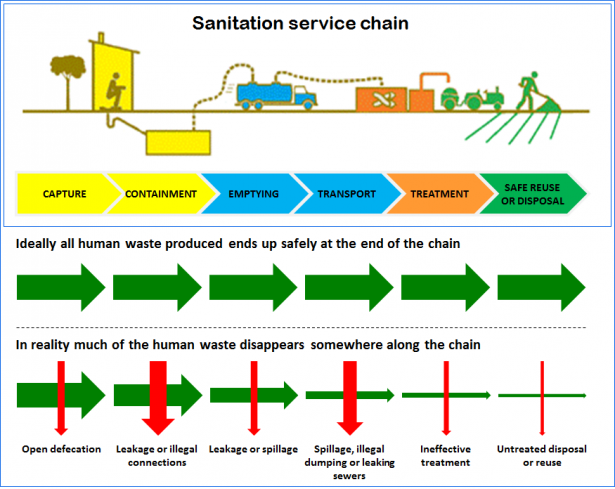

Breakthrough for sanitation
The changing focus from product to service, may bring the breakthrough for sanitation. Universal access to proper sanitation lags far behind on the supply of drinking water. There is less demand for toilets. The game changer is the creation of a market for biogas and fertilizer that is produced from faeces. Building a whole value chain that covers the dry toilet, the emptying service, the treatment and the delivery of products. In 2020 these market-based sanitation systems will come to scale in many countries and will bring universal access to sanitation by 2030 within reach.
Digital revolution
It will be interesting to see how the water sector handles the digital revolution. Will it fully embrace artificial intelligence? Will it start using new IT-technologies such as digital twin, allowing to experiment with new policies, products and services in a digital copy of reality? The opportunities are far reaching.
Take satellite data. The earth’s orbit is crowded with more satellites that circle the earth more frequently. Better instruments allow satellites to make more accurate observations of water resources in different seasons, or even during the day. As nowadays almost everybody has a mobile phone, it makes sense to pass the information on water resources on to all people that depend on it. Many small IT-firms are developing software to customize the huge load of data produced by the satellites and link it to other data sources, such as weather predictions and even to prices at food markets. Will these smart apps come to scale in 2020?
Bigger steps forward
It is difficult to look one year ahead, let alone a whole new decade. Fact is that the global water community has taken up the huge challenge to meet the goals of SDG#6 on water: universal access to clean water and sanitation. The horizon of 2030 is there. 2020 will prove whether or not SDG#6 inspires water professionals to make bigger steps forward.
The Dutch water sector is very much aware of the global water challenges and will continue to seek new international partnerships to introduce new promising water solution and bring them quicker to scale.




